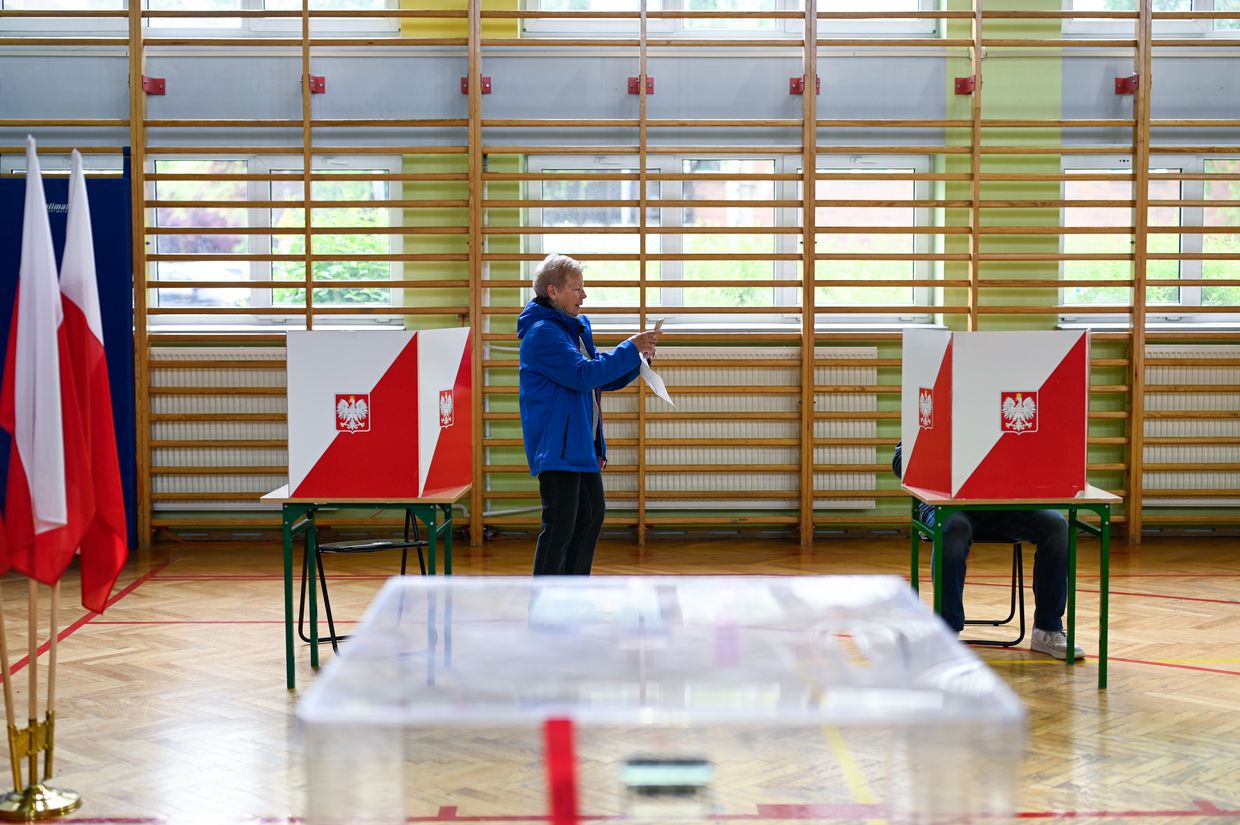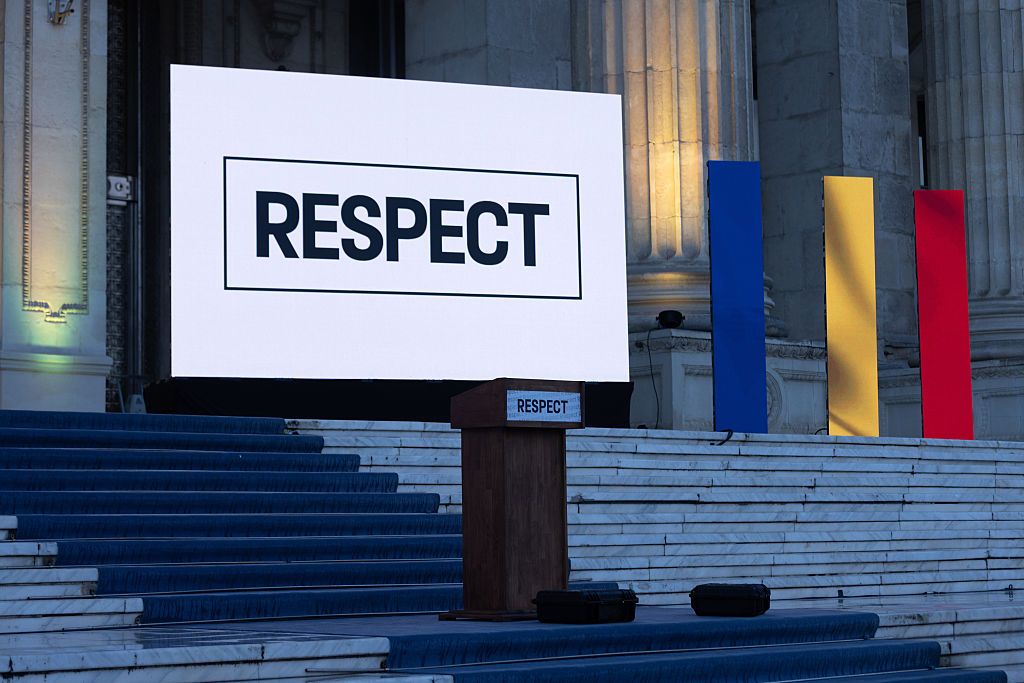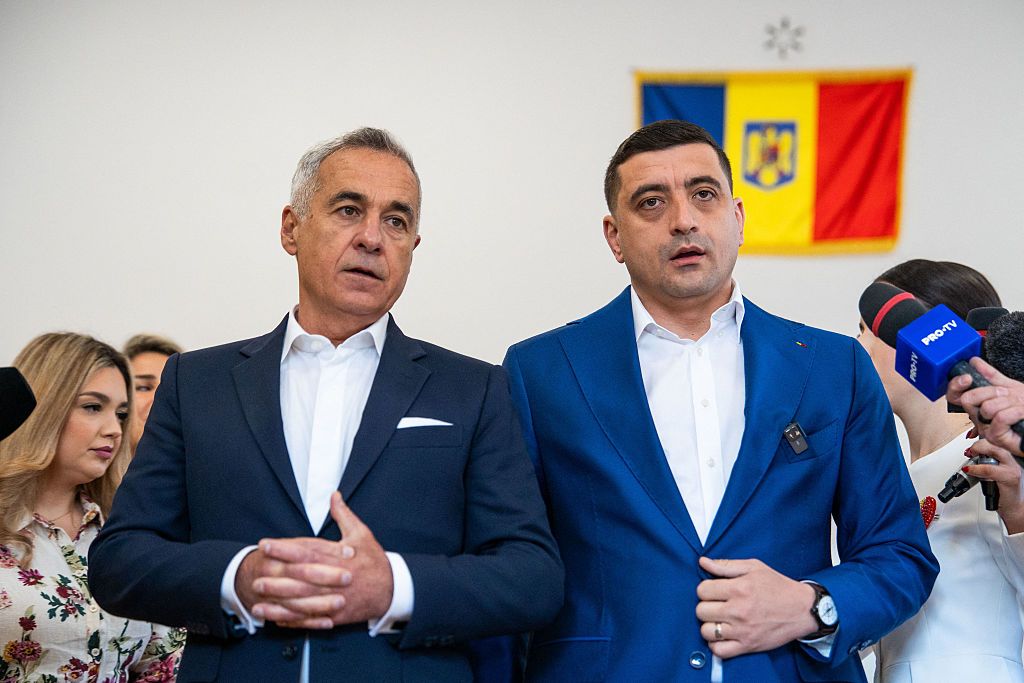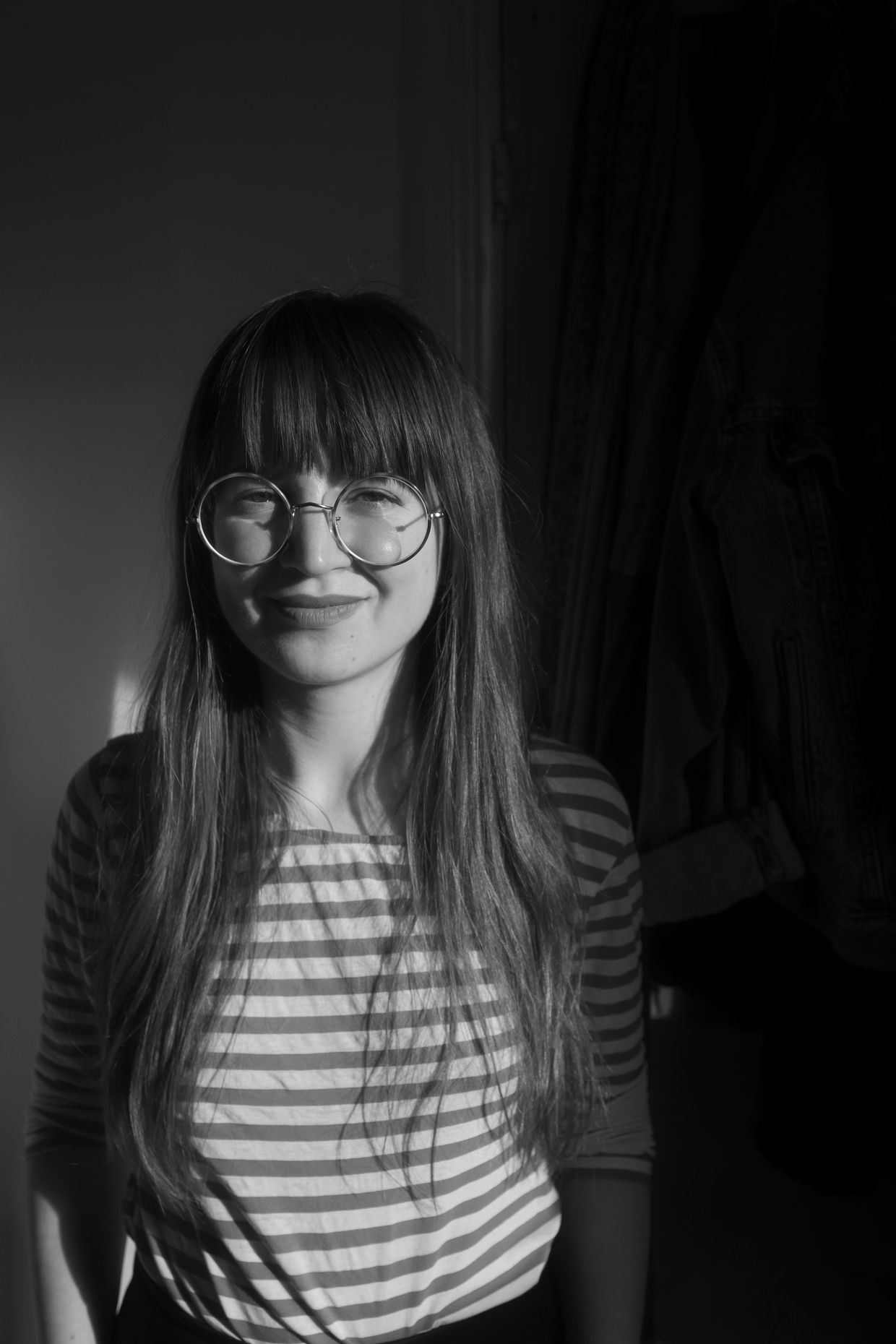There was a wave of euphoria and relief across Europe following the election of pro-European liberal Nicusor Dan as Romania’s new president.
“For Ukraine — as a neighbour and friend — it is important to have Romania as a reliable partner. And we are confident we will,” said President Volodymyr Zelensky after Dan’s victory. Moldovan President Maia Sandu echoed the sentiment: “Congratulations, dear Nicusor Dan,” she said with visible enthusiasm.
The presidential runoff was closely watched in Kyiv and Chisinau, as Dan faced off against George Simion, a Russia-linked nationalist banned from entering both Moldova and Ukraine.
Dan’s victory, with 53.6% of the vote, surprised many observers. He overcame a significant 20-point deficit from the first round and secured an additional 4.3 million votes in the second round.
Voter turnout exceeded 64%, the highest recorded since 1996, reflecting a highly mobilized electorate.

From activist to president
A former mathematician and Sorbonne PhD, Nicusor Dan began his political ascent as an anti-corruption activist in Bucharest. After a failed attempt to run for mayor in 2012, he entered local politics in 2016, placing second in the mayoral race and securing council seats for his new political movement — the Save Bucharest Union.
That same year, the Save Bucharest Union evolved into the Save Romania Union (USR), which would become a key player in Romanian politics. However, Dan’s liberalism had its limits, he left the party a year later after refusing to support equal rights for same-sex couples.
Running as an independent, Dan won the Bucharest mayoral election in 2020 and was re-elected in 2024. Now, he makes the short journey — just a 40-minute walk — from Bucharest City Hall to the Cotroceni Presidential Palace.
No honeymoon ahead
Despite the enthusiasm from European officials, experts warn that Dan faces immediate and formidable challenges.
There will be “no honeymoon,” Romanian journalist Cătălin Tolontan warned. “Dan has to form a government immediately to manage the country during a time that all economists say is of crisis,” said journalist Magda Gradinaru in an interview with the Kyiv Independent, referring to Romania’s rising inflation and growing budget deficit.
Beyond economic instability, Dan is expected to deliver on promises of institutional reform and anti-corruption efforts. His stated priorities include fixing the budget deficit, bolstering national security, and restoring public trust in government.
Political gridlock
Dan’s victory also highlighted the weakening legitimacy of Romania’s mainstream political parties. “We had a vote that broke the legitimacy of the mainstream parties,” Gradinaru said. “These parties will try to preserve the status quo during coalition negotiations.”
Some believe that if acting President Ilie Bolojan of the National Liberal Party becomes prime minister, he could consolidate enough parliamentary support. But others are less optimistic.
Journalist Sabina Fati pointed out that Dan’s outsider image and anti-establishment rhetoric might complicate efforts to build a governing majority. “Dan said last night that ‘Romania needs new people in politics.’ That will make negotiations harder,” she noted. “If the Social Democratic Party — the largest in parliament with over 25% of seats — does not support him, his presidency may suffer from a deficit of credibility.”
Notably, the Social Democrats abstained from formally endorsing Dan during the runoff.
Divided electorate
Dan has promised to reduce political polarization and expressed “respect” for those who hold different opinions. However, it remains unclear how he plans to regain the trust of citizens who voted for the far-right.

While many voters expressed hope for better wages and pensions, left-wing voices have criticized the dominance of neoliberal policies in Romanian politics, calling instead for progressive taxation and affordable housing.
Political scientist Vladimir Bortun, from Oxford University, underscored the urgency of addressing social inequality. Despite recent economic growth, Romania remains among the most unequal countries in the EU, with 28% of the population at risk of poverty and another 17% experiencing severe material deprivation.
“Despite successive increases in the minimum wage over the past decade, the median wage is barely over five euros an hour — about one-third of the EU average,” Bortun wrote in The New York Times.

Gradinaru believes the country needs a wide-reaching debate about national unity, not just political dialogue. “We need administrative reform and access to education, healthcare, social services, and culture for the socially vulnerable. These are the building blocks of a strong middle class — one that is more resilient to internal and external threats.”
Journalist Ioana Dogioiu offered a sobering warning: if reforms don’t come soon, “this might be the last time Romania dodges a bullet.”













